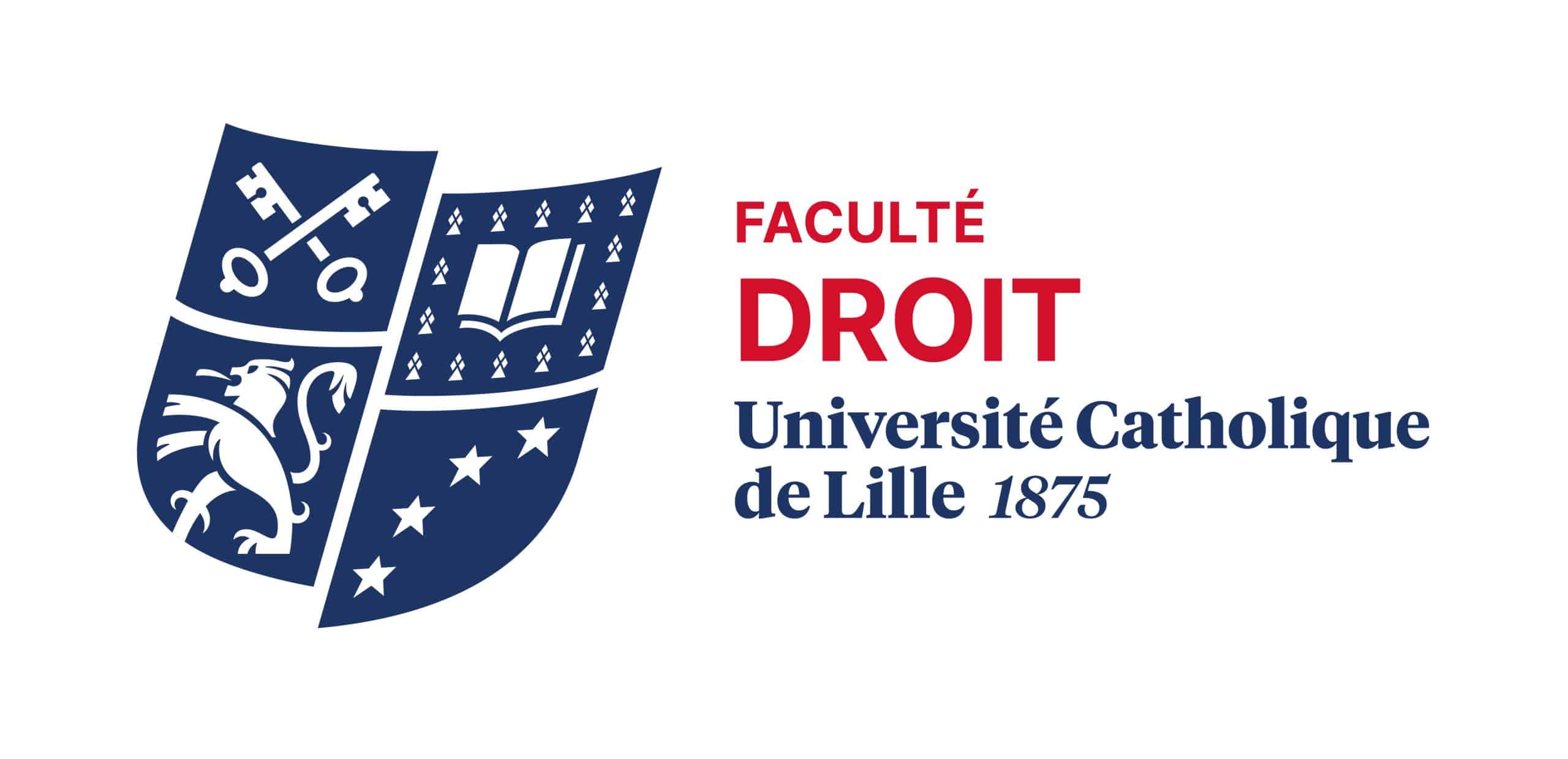
Philosophie du Droit International
Etablissement : Faculté de Droit – Lille et Issy-les-Moulineaux
Langue : Français
Formation(s) dans laquelle/lesquelles le cours apparait :
Période : S1
- Good knowledge of public international law.
- Basic knowledge of (international) legal theory notions.
- Basic knowledge in philosophy.
- Interest in critical thinking.
At the end of the course, the student should be able to:
- Master the key notions and concepts of international legal theory and philosophy.
- Critically appraise international law doctrines and theories.
- Understand and reflect upon the dynamics at play in the field of international law.
- Understand and reflect upon the dynamics at play in the international legal discipline.
- Understand the dialectic between international legal theory and international legal practice.
- Formulate personal ideas and build her/his own reasoning on complex theoretical issues.
Introduction générale
Chapitre I : L’action en justice
Chapitre II : L’instance
Chapitre III : Le jugement
This course aims at providing in-depth and critical analyses of foundational questions in the philosophy of international law:
Chapter 1: What? The ethos of international law
Section 1: What is international law?
Section 2: What is the international legal order?
Section 3: The members of the international legal order
Chapter 2: What for? The telos of international law
Section 1: The objectives of international law: from cooperation to coexistence
Section 2: The objectives of international criminal law: from ‘retributive justice’ to ‘restorative justice’
Chapter 3: How? The ‘ways’ of international law
Section 1: The making of international law
Section 2: The criteria of legal normativity
Section 3: The essence and features of international legal reasoning

